Fostering Self-Regulation Skills in Young Children
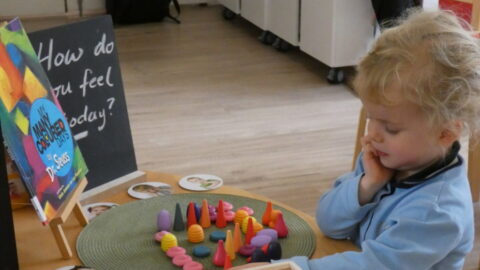
The early years of a child’s life are highlighted by a period of immense growth and development. Among the many critical skills that young children acquire during this stage, self-regulation stands out as a fundamental building block for their future success.
Self-regulation skills encompass the ability to control emotions, impulses, and behaviours. They play a pivotal role in a child’s overall development.
Self-regulation involves managing one’s thoughts, emotions, and actions effectively. In the early years, children aged three to five are in the initial stages of developing these skills. They often struggle with impulsivity, emotional outbursts, and difficulty in managing frustration. However, this is a critical time to lay the foundation for the future.
Fostering self-regulation skills during the early years supports our children in the following key areas:
Academic Achievement
Children who possess strong self-regulation skills have a propensity to excel academically. They can concentrate on tasks, follow instructions, and persevere through challenging activities, which are vital for success in school.
Social Competence
Self-regulation is closely linked to a child’s ability to build positive relationships. Children who can control their emotions and behaviours are more likely to engage in cooperative play, share, and resolve conflicts constructively with their peers.
Emotional Wellbeing
Self-regulation skills enable children to cope with stress, anxiety, and frustration more effectively. They are better equipped to manage their emotions, leading to improved mental health and emotional wellbeing.
Strategies for Developing Self-Regulation Skills
- Model Self-Regulation: Adults can be powerful role models. Demonstrating how to manage emotions and cope with stress can positively influence children’s behaviour.
- Establish a Consistent Routine: Predictable daily routines provide a sense of security and control for young children, reducing anxiety and impulsivity.
- Teach Emotional Vocabulary: Help children identify and label their feelings. This empowers them to express themselves and seek help when needed.
- Introduce Mindfulness: Simple mindfulness exercises, such as deep breathing or guided meditation, teach children to pause and self-regulate when they are upset.
- Set Clear Expectations: Communicate clear and age-appropriate behaviour expectations and use positive reinforcement to acknowledge self-regulation efforts.
- Encourage Problem-Solving: Guide children through age-appropriate challenges, encouraging them to brainstorm solutions and evaluate their effectiveness.
- Offer Choices: Allowing children to make decisions within limits fosters a sense of control over their actions.
- Promote Physical Wellbeing: Ensure children get adequate sleep, engage in regular physical activity, and maintain a balanced diet. Physical health is closely connected to emotional regulation.
- Limit Screen Time: Excessive screen time can hinder self-regulation development. Set reasonable limits and promote alternative activities that encourage self-control.
- Celebrate Progress: Recognise and celebrate small victories in self-regulation, as positive reinforcement encourages continued growth.
Fostering self-regulation skills in young children is a vital step in their early development journey. These skills have far-reaching implications for academic achievement, social competence, and emotional wellbeing.
Parents, caregivers, and educators play a pivotal role in nurturing self-regulation through role-modelling, consistent routines, and age-appropriate strategies.
By investing in the development of self-regulation, we equip children with the tools they need to navigate the challenges of life with confidence and resilience, setting them on a path toward a bright and successful future.
-

Fostering self-reliance
-

Fostering self-reliance
-

Fostering self-reliance
-

Fostering self-reliance
-

Fostering self-reliance
-
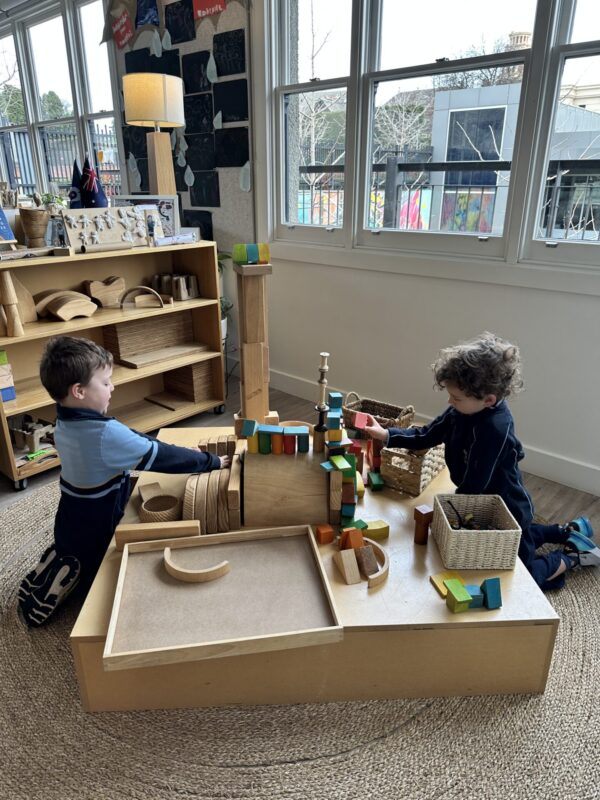
Fostering self-reliance
-
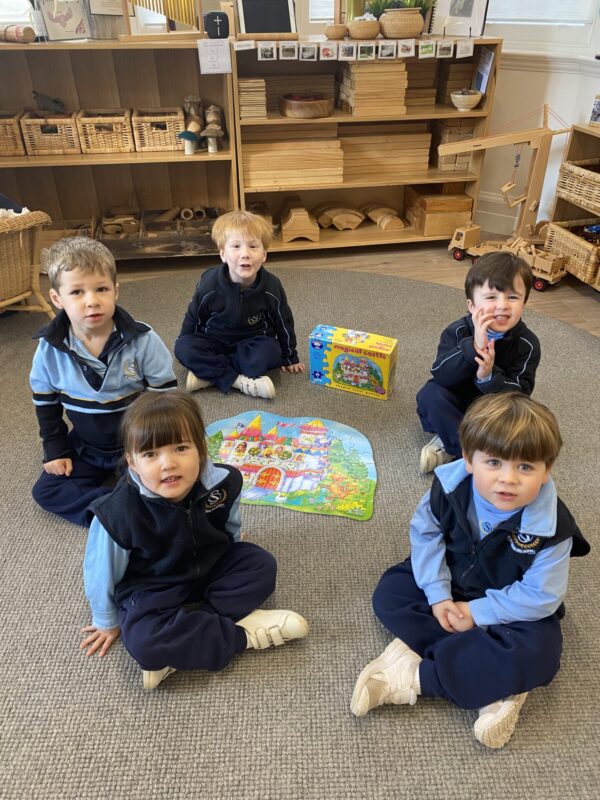
Fostering self-reliance
-

Fostering self-reliance
-
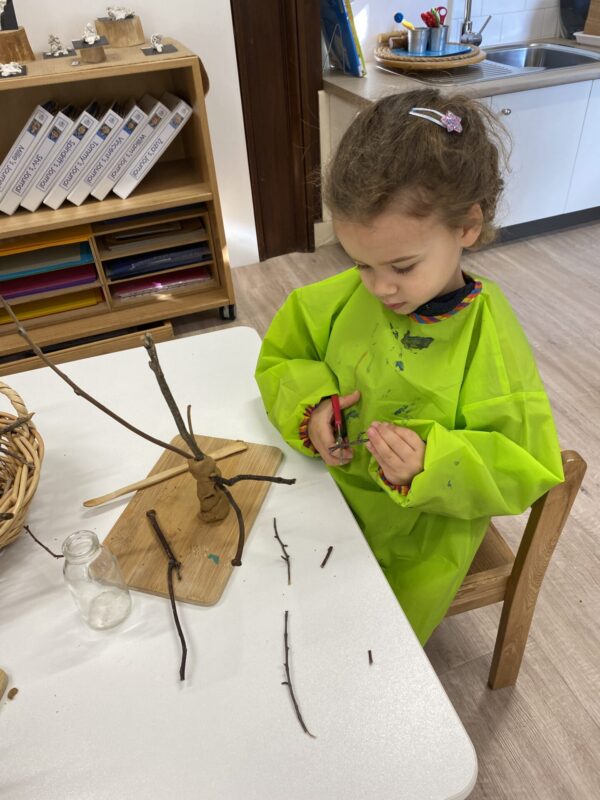
Fostering self-reliance
-
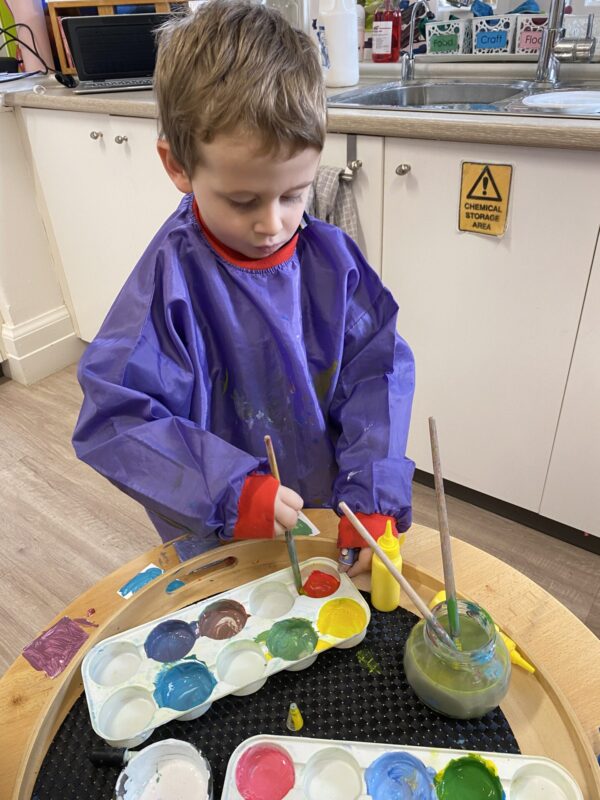
Fostering self-reliance
-
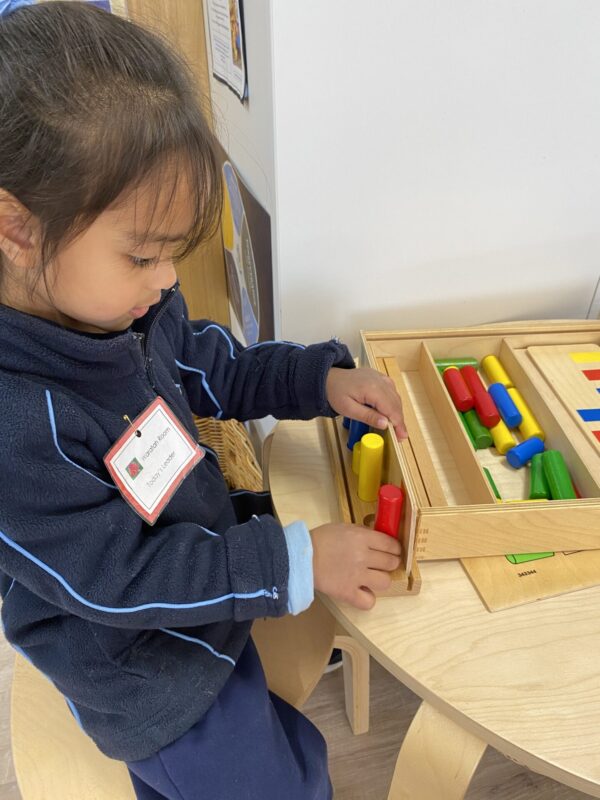
Fostering self-reliance
-

Fostering self-reliance
-
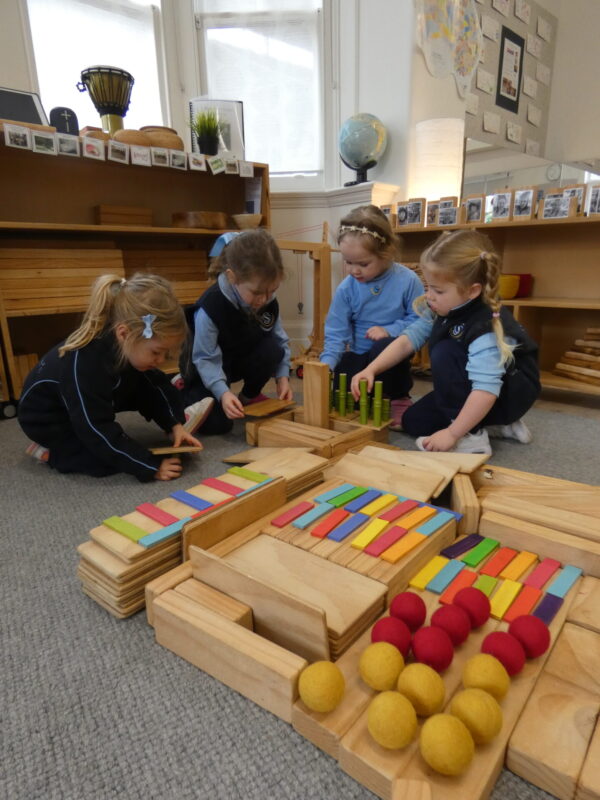
Fostering self-reliance
-
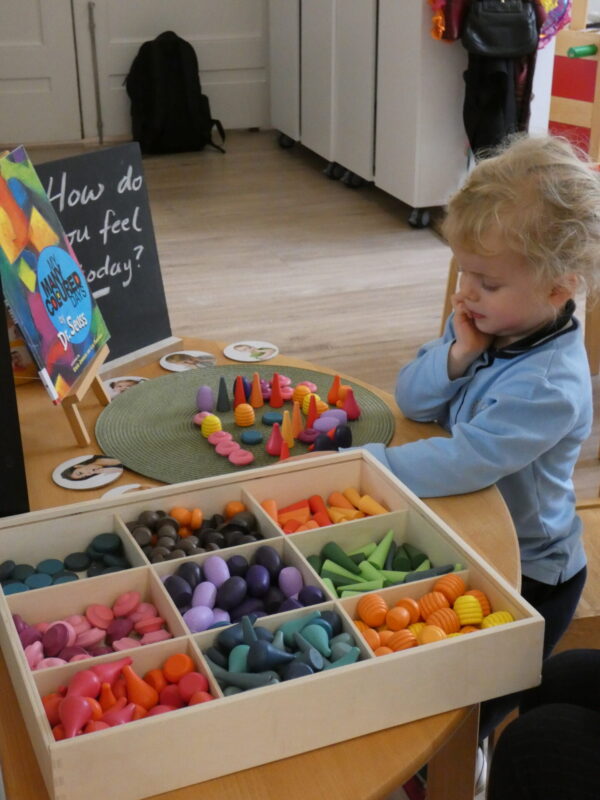
Fostering self-reliance


